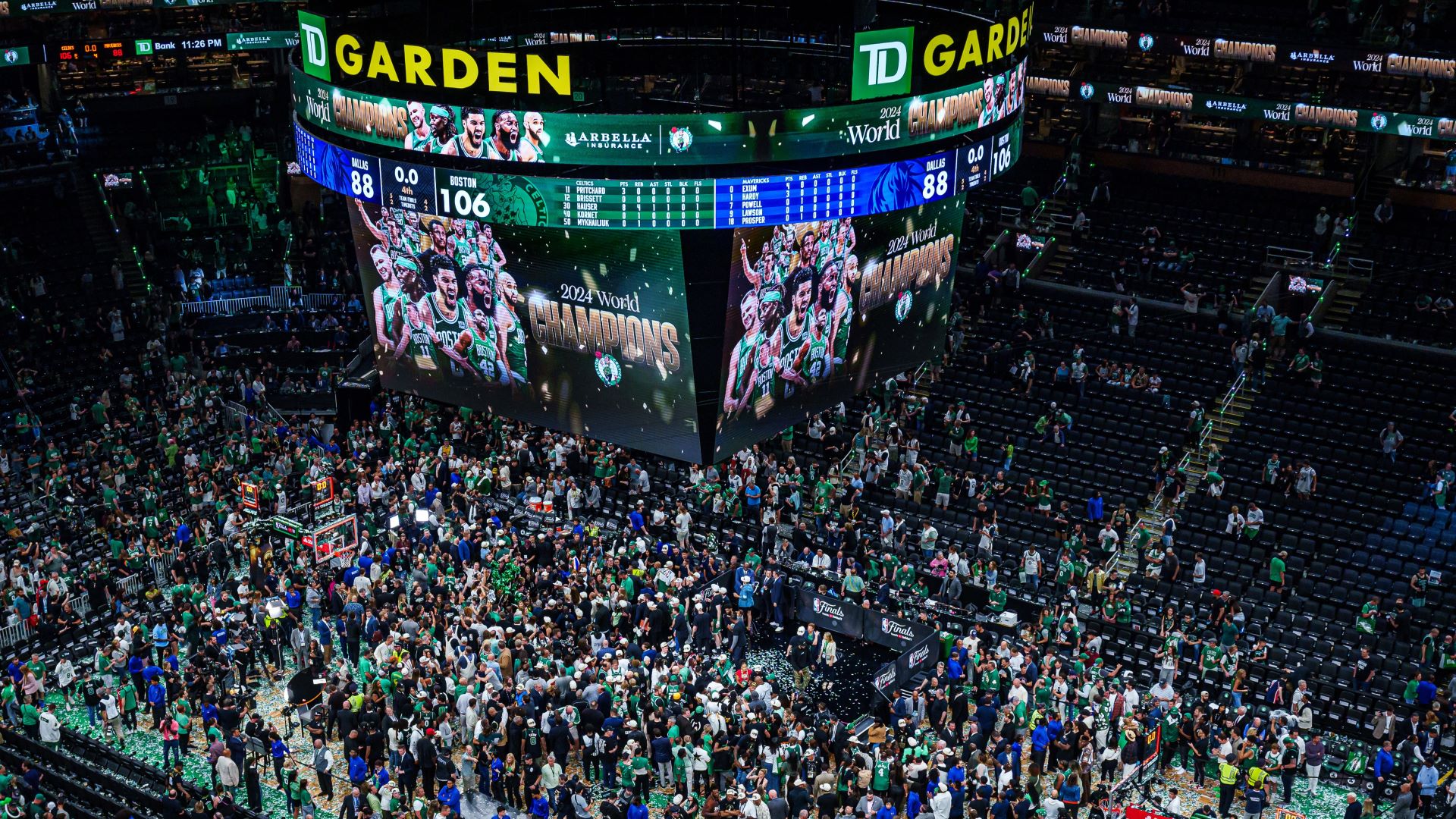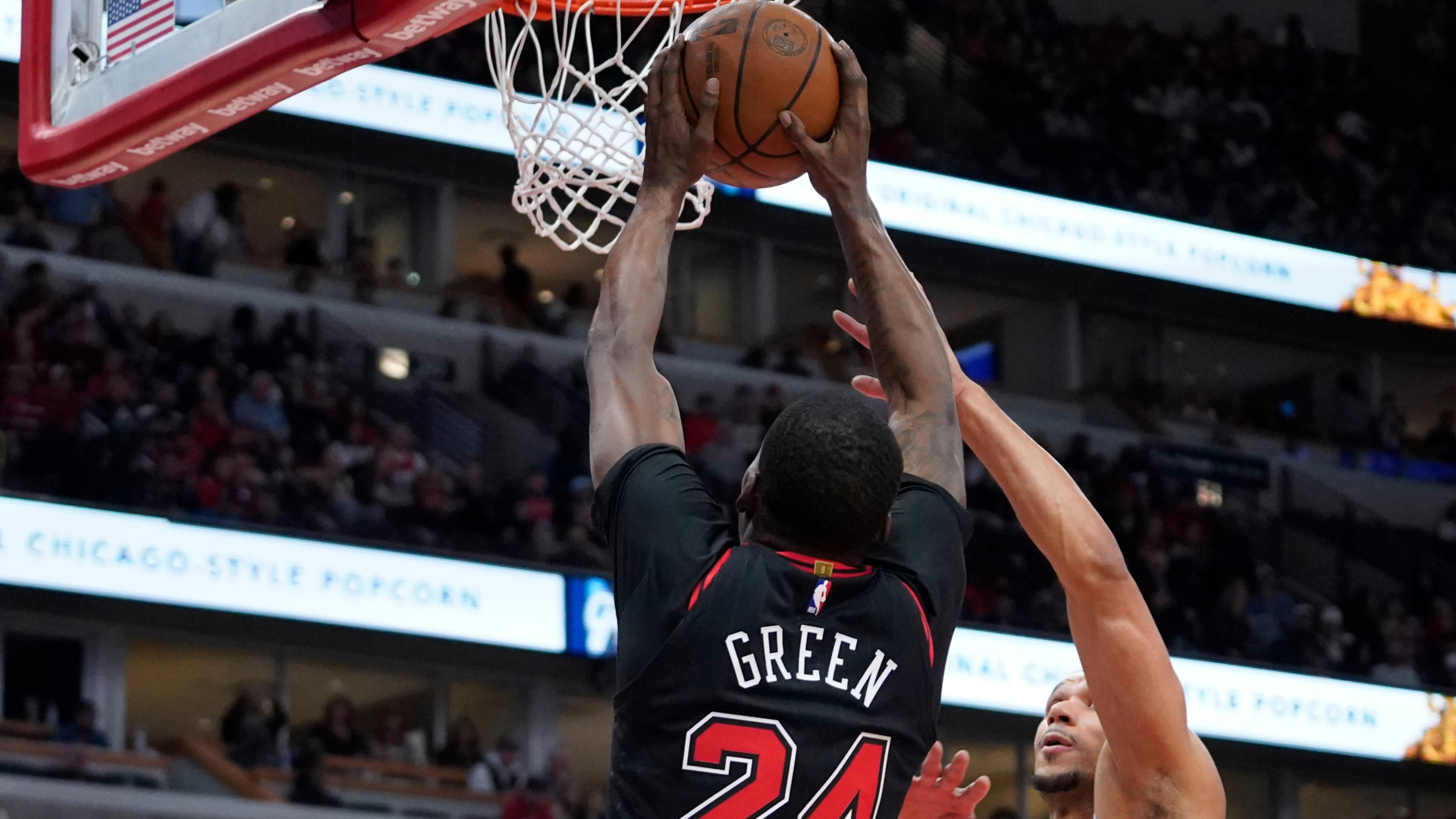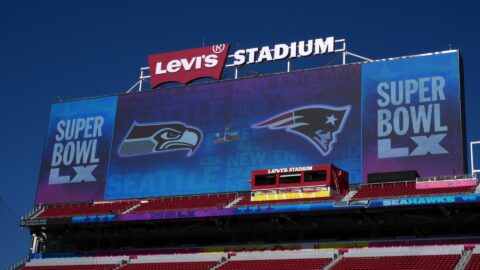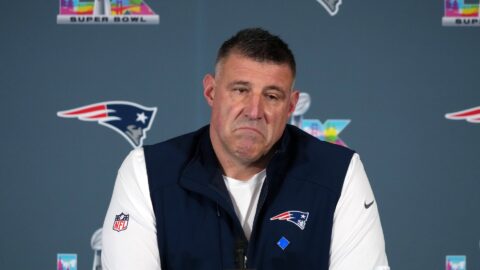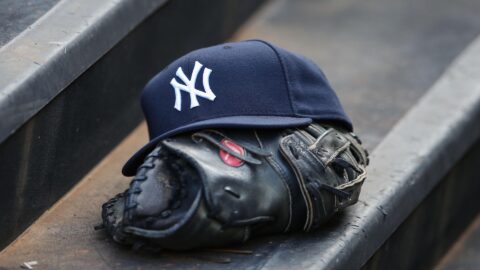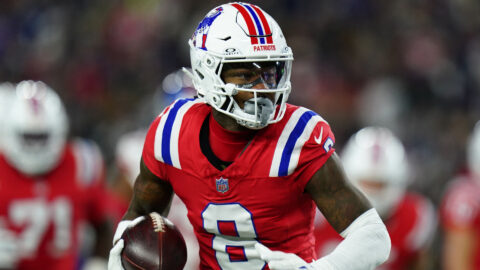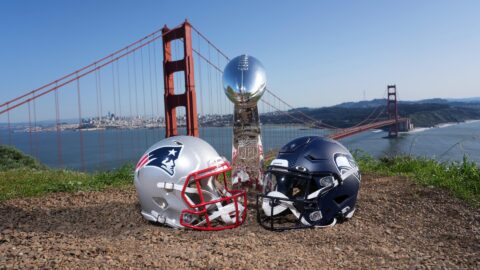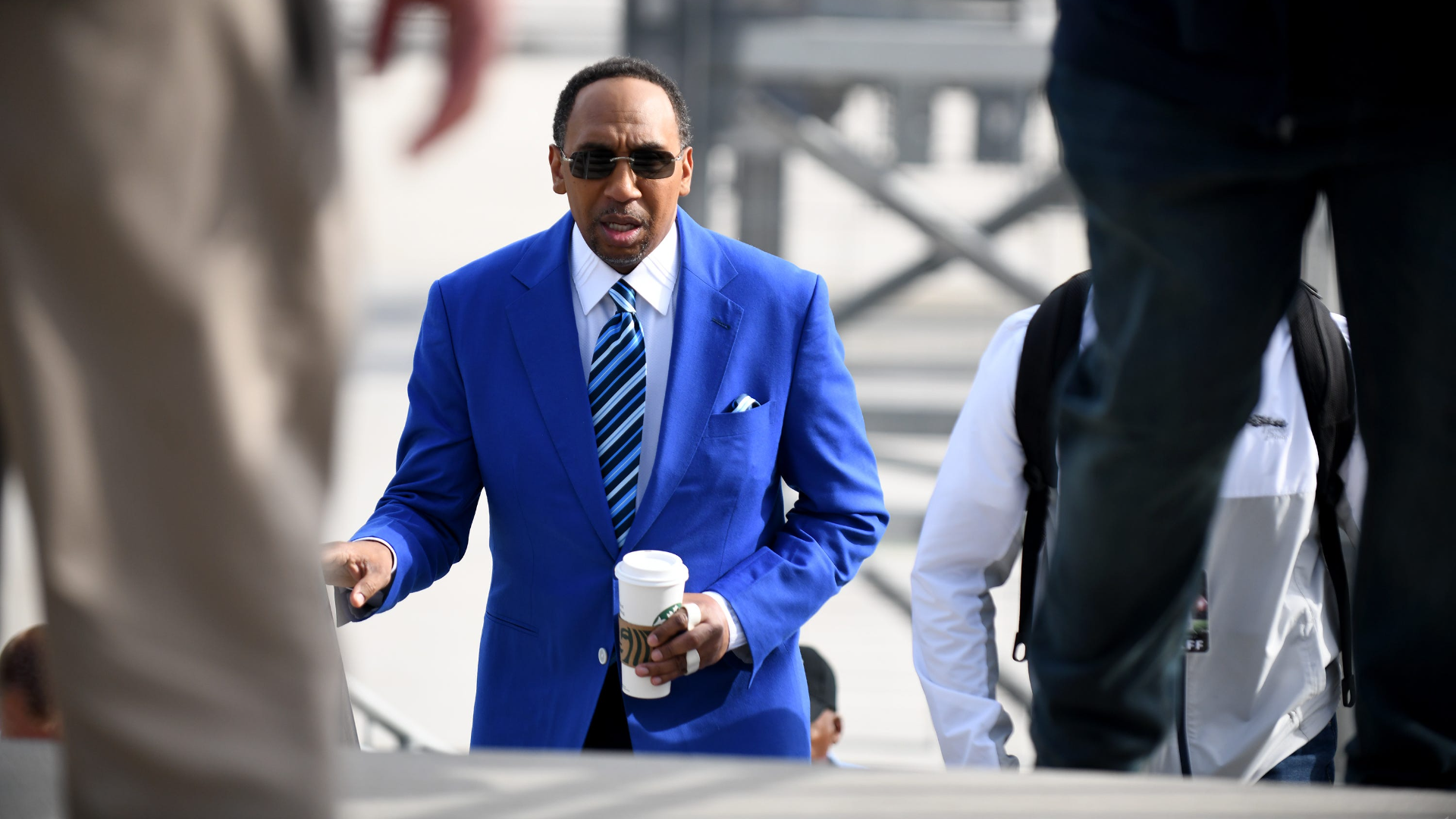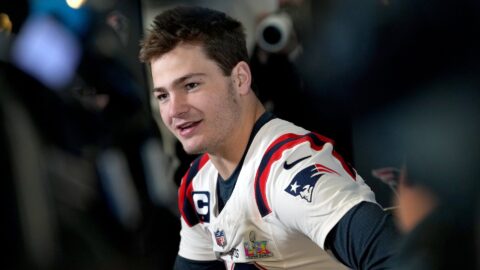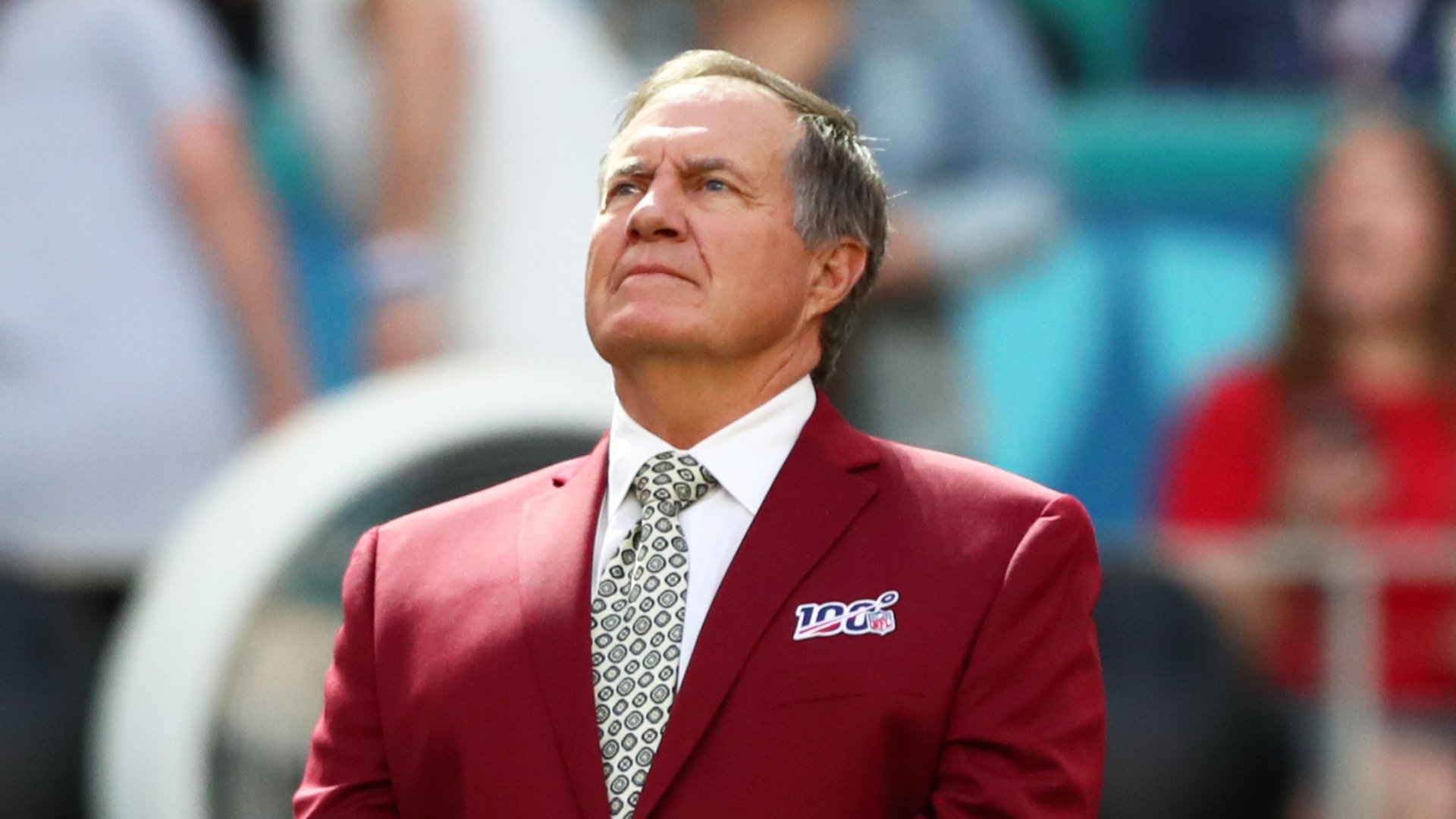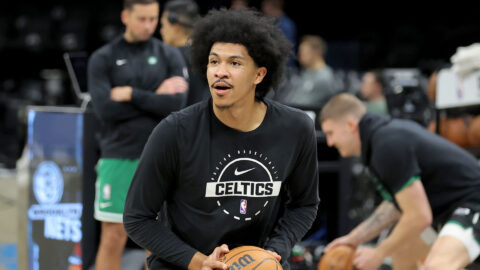The Boston Celtics opened the door for a flurry of speculation when the organization announced its intentions to sell the majority ownership stake -- currently tied to Wyc Grousbeck -- less than three weeks before the confetti and champagne-filled city streets could be cleared from the team's NBA Finals win over the Dallas Mavericks.
It took an NBA-leading 64 wins in the regular season, 13 wins in the postseason, including five games in the Finals for the Celtics to capture their record-setting 18th Larry O'Brien Trophy, but less than a month for ownership to drop the stunning news. Grousbeck and partner Steve Pagliuca led the current ownership group's initial purchase of the franchise for $360 million in 2002, yet after securing their second championship together, and with a lottery ticket opportunity to capitalize on a handsome profit, the chance to lead the next great Celtics dynasty is up for the taking -- if your pockets are deep enough.
Among those capable of swooping at the chance of leaving their fingerprints on the most successful franchise in NBA history is 60-year-old billionaire Jeff Bezos; the second-richest person in the world, according to Fobes.
The founder of Amazon was rumored to be a candidate to replace Grousbeck when The Ringer's Bill Simmons claimed Bezos and the Celtics had "legitimate buzz" in the works. However, less than 24 hours later, Nick Wingfield of The Information reported the exact opposite, leaving the Bezos-to-Boston match all up for speculation -- which for the Celtics, could be good, bad, or right at center court.
Story continues below advertisement
Here are the pros:
1.) Bezos could immediately alleviate Boston's payroll worries
Along with other filthy rich billionaires like Warren Buffet and Elon Musk, Bezos, too, sits among the most pocket-checked individuals on planet Earth. Everyone aware of Bezos knows the incomprehensible tax bracket his wealth places him in, therefore, a measly $6 billion purchase of the Celtics would provide a sigh of relief to the biggest concern surrounding the team's upcoming transfer of ownership powers: the payroll.
Boston made Jayson Tatum the NBA's highest-paid player, ever, by locking the 26-year-old to a five-year, $315 million supermax extension; after playing Jaylen Brown ($286 million), Kristaps Porzingis ($60 million), Jrue Holiday ($135 million) and Derrick White ($125 million), which created the most expensive starting five in the NBA at over $930 million. Bezos can maintain that with no problem while also flirting with supplementing Boston's already-loaded roster to further strengthen its title odds.
Story continues below advertisement
2.) The Celtics might not have to share TD Garden with their sibling organization -- the Boston Bruins -- anymore
Four years ago, the Celtics agreed to a 15-year lease extension to keep TD Garden the team's home until 2036. Aside from the obnoxious foot traffic that comes with building a professional sports arena directly above one of the city's busiest train stations, there are plenty of benefits -- including for Bezos, specifically -- that could come from the Celtics packing their bags and building their own home.
Bezos, who's made it possible to order a phone charger and have it arrive within 24 hours on your doorstep, could follow in Los Angeles Clippers owner Steve Ballmer's footsteps by creating the next high-tech stadium -- in the most passionate sports market in the United States, no less. Three years ago, Ballmer, the former CEO of Microsoft, broke ground for the construction of Intuit Dome, the new home of the Clippers, set to open in 2024-25. The $2 billion project features a halo-shaped scoreboard, a 51-row section reserved only for home team fans, and has already earned hosting rights for the 2026 NBA All-Star Game.
Consider the bar officially set.
Story continues below advertisement
3.) The (hard) work has already been done
There's nothing left to do, quite literally.
Boston has its star-studded roster, a respected head coach in Joe Mazzulla, a genius head honcho in Brad Stevens, young mid-prime stars in Tatum and Brown, an Eastern Conference that's, again, up for the taking, and a loyal fan base with eyes glued from the opening tip to the final buzzer each night. That leaves Bezos with the opportunity to handle the (financially feasible) business side with his feet kicked back watching the Celtics contend for title after title while receiving praise as a savior.
Not too shabby, right?
Story continues below advertisement
Now... the cons:
1.) Selling to an outsider instead of a local could create not-so-good change
Very few teams in professional sports value tradition and the cherished history from generations ago like the Celtics, and it's part of what makes the organization among the most iconic and respected brands ever.
Boston is linked to its easy-to-spot parquet floor, which Larry Bird (in the 1980s), Paul Pierce (in the early 2000s) and Tatum (currently) have all played on. Its crowd of knowledgeable and religiously devoted fans has made TD Garden among the most difficult buildings for opposing players to perform and the most rewarding place for anyone in a Celtics uniform to play. That shapes the identity of Celtics culture, a prideful community that routinely dishes out "Tommy Points" -- in honor of Tom Heinsohn -- to anyone willing to dive for a loose ball and play with a blue-collar attitude.
Story continues below advertisement
Without the cultural makeup that separates the Celtics from other fan bases in the NBA, the (presumed) Amazon Dome will only attract a sea of cosplaying fairweathers like LeBron James is used to playing in front of for the Los Angeles Lakers.
MORE CELTICS
2.) Bezos isn't an on-the-record sports guru; he's a businessman
The Washington Commanders NFL franchise caught Bezos' interest when then-owners Dan and Tanya Snyder were forced to sell the team following an outpour of disturbing allegations surrounding inappropriate behavior and conduct.
Washington isn't Boston. Not by a stretch.
Story continues below advertisement
Bezos wouldn't be able to avoid any potential media scrutiny that'll be generated from the inherited pressure from being affiliated with the Celtics; especially as a majority owner. Therefore, Bezos couldn't treat the franchise like a business and seek out efficient ways to lower the team's payroll through trades that'll ultimately set the Celtics back from their current contention point.
Just imagine what the outside of TD Garden, Amazon Dome, or whatever traffic-filled complex the Celtics play in would look like if Bezos commissioned the split up of Tatum and Brown. It wouldn't be a pretty sight.
3.) There's a pretty high bar set in Celtics leadership history
Walter Brown and Lou Pieri, Red Auerbach, Danny Ainge, Bill Russell and Tom Heinsohn are just a few of the iconic all-time great Celtics leaders. From ownership to the front office to the sidelines with a clipboard, Boston's always been able to lean on top-notch leadership, making the franchise among the most celebrated in all of sports.
Aside from dispatching a few Amazon delivery-fast Brink Trucks to financially support the team, can Bezos prove himself to be a leader of a brand built on not appeasing the shareholders with chart-breaking profits but carrying on the tradition of confetti, champagne, duck boat parades and winning -- over and over again.
Featured image via Brian Fluharty/USA TODAY Sports Images
